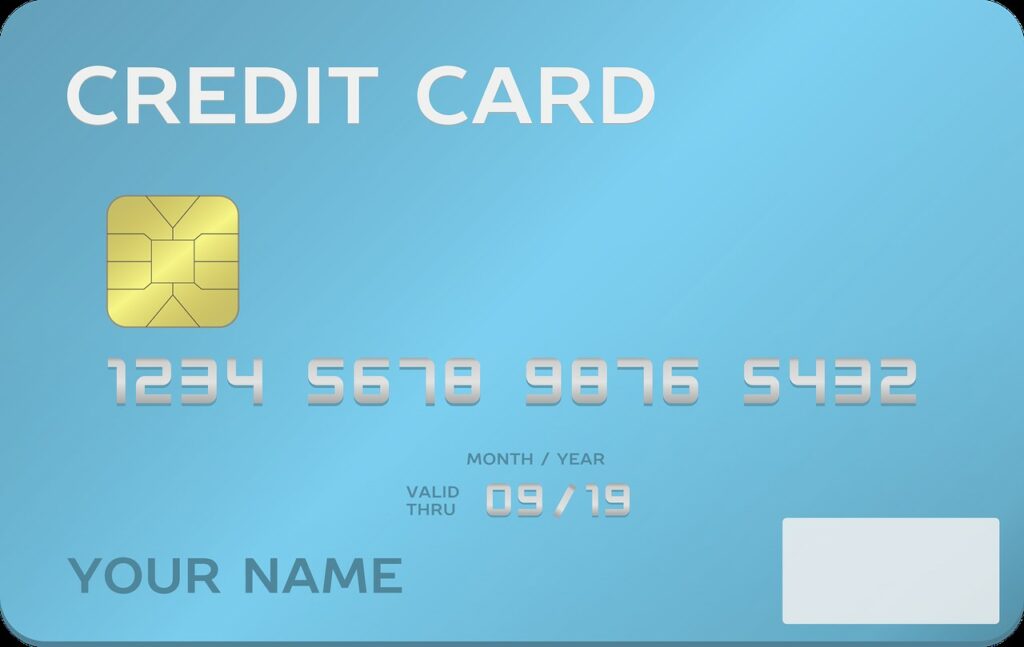Lesson 9: Credit and Debit Cards

Name(s) of student(s):
Age and grade level:
Goal from IEP connected to lesson:
Objective from IEP connected to lesson:
Purpose of lesson: To learn the purposes of using a credit or debit card and their differences.
Materials needed:
Introduction
“I want to familiarize you with spending using debit and credit cards. We will talk about the advantages and disadvantages of using cards over cash and learn the difference between a credit and debit card.”
Discussion: Incentives for Using a Credit or Debit Card Over Cash
- You have the ability to purchase items on the Internet or over the phone.
- You have a record of spending purchases. Your billing statement can be viewed online and/or is mailed to your address.
- While having a small amount of cash in your wallet is wise, it is convenient to make cashless transactions.
- Credit and debit cards offer a variety of rewards for spending money. If you have the money and purchase a big-ticket item, you can use your card in the transaction to earn cash-back or other rewards.
- Consistently paying a credit card bill in full at the close of the month earns a good credit score. A good credit score is helpful when seeking a mortgage or other loan. The importance of building a good credit score is debatable because many banks are eager to loan money in order to earn interest.
- A debit card permits you to withdraw cash deducted from your checking account at an ATM.
Discussion: Differences between Credit and Debit Cards
“While credit and debit cards may appear identical, there is a major difference. A purchase made with a debit card is almost immediately withdrawn from your checking account. You are spending what is in your account and there is no bill at the end of the month. If you attempt to make a purchase that is over the amount in your checking account, the transaction will be denied.”
“On the other hand, a purchase made with a credit card is not immediately withdrawn from your account. The amount of money in your account is irrelevant. Each month, you receive a credit card bill listing all of the purchases made with the card over the past month. You must make at least a minimum payment for the outstanding balance. If the balance is immediately paid in full, no interest is incurred. If only the minimum payment is made—or if you pay off more than the minimum but not the full balance owed—you are in debt to the credit company and will continue to accrue interest until the balance is paid in full. Meanwhile, you will be in further debt each month if your spending has not decreased.”
Discussion: Conversation Starters
- How can a credit card be used responsibly?
- What are the advantages of using cash instead of a credit card?
- Is the use of a credit card or a debit card more similar to using cash?
- Would you be highly tempted to overspend when using a credit card?
- How does a credit card company make money?
Exercise: Call the Bank
The student should call a local bank and ask how to obtain a credit card. The student can ask about requirements, interest rates, and reward incentives. Discuss conversation.
Review
“You learned incentives for using a credit or debit card and the differences between the two. The major difference is the ability to spend more than is in the bank with a credit card, while purchases made with a debit card are deducted from your checking account balance.”
Progress notes, data collection, comments, and modifications: